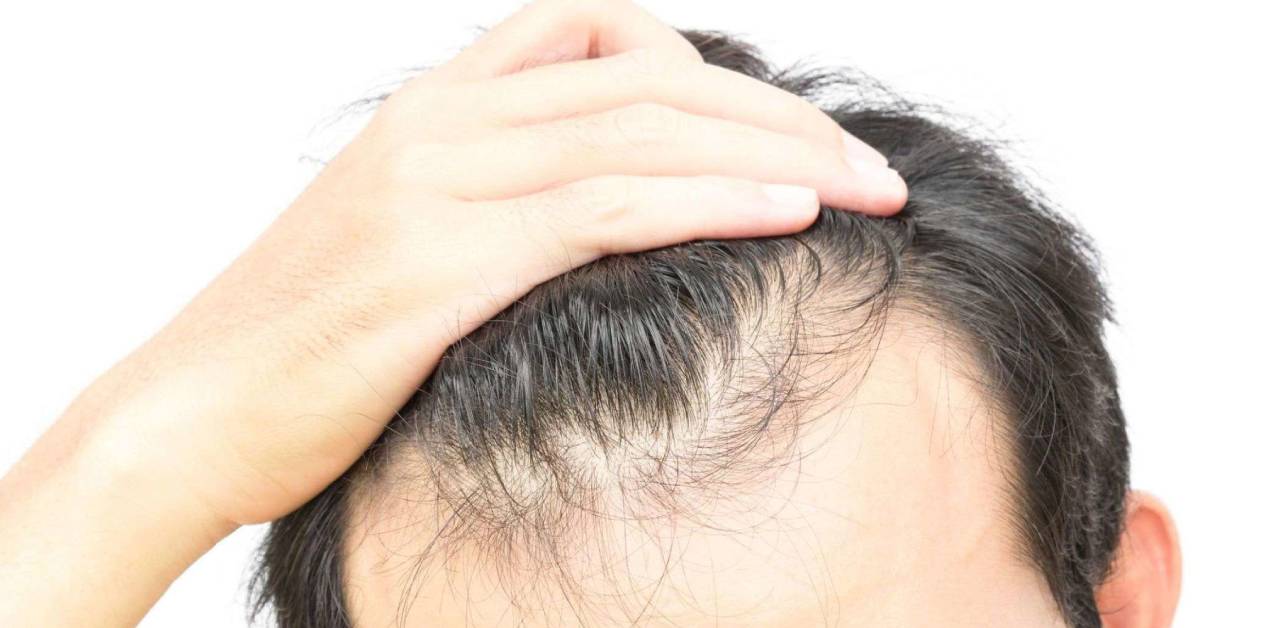Hair transplant is a surgical procedure that involves transferring hair follicles from one part of the scalp to another. It is commonly used to treat baldness or hair thinning. However, the success of a hair transplant depends on various factors, including the quality of the hair and the thickness of the scalp.
For individuals with thinning hair, a hair transplant may still be an option, but the results may not be as effective as for those with denser hair. This is because the transplanted hair needs to be anchored securely in the scalp in order to grow properly. If the scalp is thin, the hair transplant may not have enough tissue to anchor the transplanted hair, resulting in a less successful outcome.
In some cases, individuals with thinning hair may need to undergo a hair restoration procedure prior to a transplant in order to create a thicker scalp. This procedure may involve the use of medications, scalp micro-needling, or other treatments to increase the thickness of the scalp and improve the chances of success.
It is also important to keep in mind that hair transplants are not a one-time solution to hair thinning. In order to maintain the results, individuals may need to undergo additional procedures over time to keep their hair healthy and full.
In conclusion, hair transplants can be performed on individuals with thinning hair, but the success of the procedure may be limited. Before undergoing a hair transplant, it is important to consult with a qualified hair restoration specialist to determine the best course of treatment for your individual needs.
